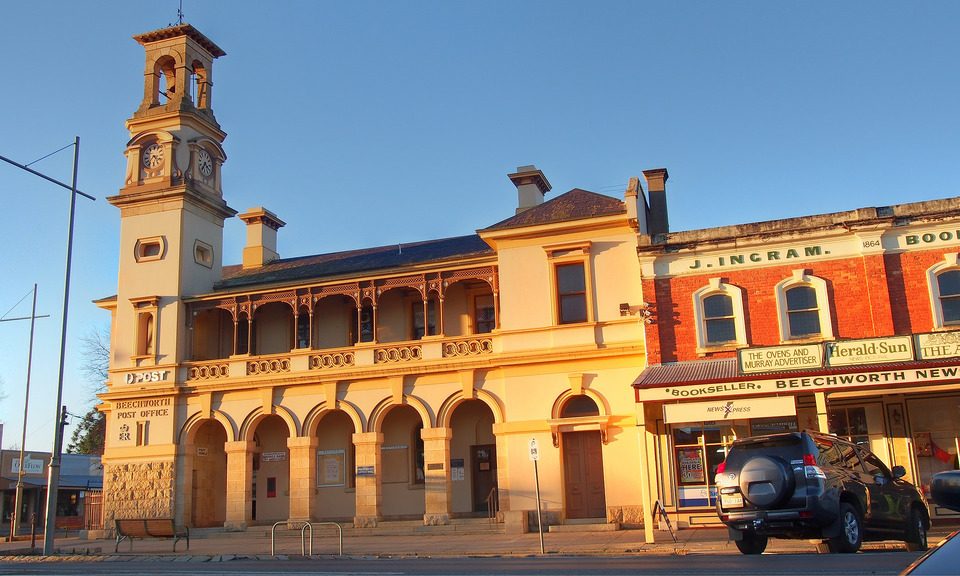Do We Understand How Reverse Mortgages Work?
Confusion Over Change To ‘Green Start’ From Green Loans..
July 22, 2010Solo Travellers/Companions – Another Grey Nomad Message
July 22, 2010“An alarming number of retirees who take out a reverse mortgage do not fully understand how the product works until the equity in their home has already started eroding” reported The Australian recently.
The National Information Centre on Retirement Investments (NICRI) – a government-funded agency providing information to consumers – says a very common complaint is that people did not realise what would happen to the equity in their home.
About Reverse Mortgages
- A reverse mortgage allows a homeowner, usually a retiree, to borrow against the value of their home. Most borrowers use the money to fund necessities such as home repairs and to provide an income in retirement
- Generally, repayment is not due until the property is sold or the homeowner dies, in which case the repayment is made by their estate
- A study by Deloitte found the Australian reverse mortgage market consisted of nearly 39,000 loans worth a total of $2.7 billion at the end of last year, representing growth of 9 per cent over the year
- The Senior Australians Equity Release Association, or SEQUAL, thinks it is inevitable that the market will continue to grow as more Australians leave the workforce with inadequate retirement savings
- When the concept was introduced in Australia in 2005, there was some controversy about the effect it would have on inheritance and fears that borrowers could end up repaying more than the value of the home
- All reverse mortgages now provide a no-negative-equity guarantee.. (but) a lot of people still do not realise what is happening to the equity in their home until they are well into the loan
The Current Situation
NICRI says a lot of people want to get out of reverse mortgages – while the idea is fabulous at the start, they get into them and they start to panic. NICRI head Wendy Schilg says she came across one case in which a 69-year-old woman was offered $80,000 by the lender even though she needed only $40,000.
“She agreed to take the higher amount and gave her four adult children $10,000 each as a gift…not understanding the compounding interest and erosion of equity in the home. When she decided she wanted to move, she looked into paying out the reverse mortgage but found that there was not enough equity left in the home to enable her to buy elsewhere.”
David Lalich, financial services analyst at finance comparison website InfoChoice, says there are costs involved in breaking a reverse mortgage contract in the first few years from commencement and
“Borrowers may be charged an early termination fee, which could be as high as 1 per cent of the loan amount along with a discharge fee of up to $500.”
Pros And Cons Of Regulating
NICRI believes lenders are not giving borrowers the worst-case scenarios when explaining how reverse mortgages work and is calling on the government to provide funding for a dedicated equity release information centre.
In its proposal to Minister for Financial Services Chris Bowen NICRI says
“If consumers do not understand the product fully, there is a real danger that homes may be lost, older people will not be able to access reasonable aged-care accommodation, families will be torn apart. Once excess equity is depleted, families may be forced to cover living costs of their elderly parents, causing intergenerational financial stress.”
NICRI is calling for financial and legal advice to be made compulsory for reverse mortgage borrowers.
However, SEQUAL warns against heavy-handed regulation.
“Equity release is likely to emerge as a significant part of retirement funding and the current debate around advice and regulatory intervention needs to be carefully considered against that growing demand to ensure choices and legitimate strategies in retirement funding are not extinguished through . . . unnecessary regulation.”
In Reality?
In terms of how borrowers are using the money, NICRI does not have any concerns, saying most are appropriately putting it towards home maintenance and car repairs. Wendy Schilg says
“A lot of people are using it to prop up their pension – that extra $100 a fortnight they get from their reverse mortgage is actually allowing them to . . . have a social life.”
Have you taken the plunge?



2 Comments
I live in the state of Oklahoma in Oklahoma City and am interested in a possible female traveling companion on a future trip to AU. Was in AU for six months in 2003 and thoroughly enjoyed the people there. Enjoy the outback more than big cities.
jess allen
Thanks PWF for alerting us oldies that we still need to do our homework. A reverse mortgage sounded like such a good idea to enable me to paint my house. However, the idea of a “free lunch” seemed too good to be true. I have been unable to find any real information, other than that they don’t seem to be available to people in the country. I will keep searching.